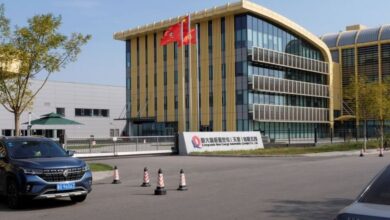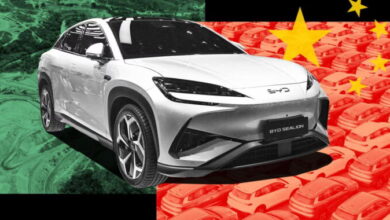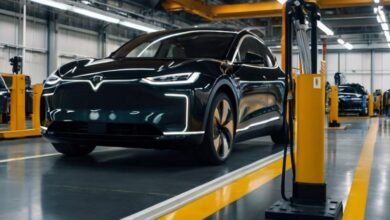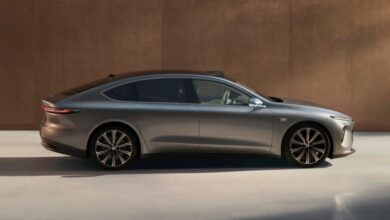Empty promises on meaningful inclusive implementation of Indiana’s electric vehicle infrastructure
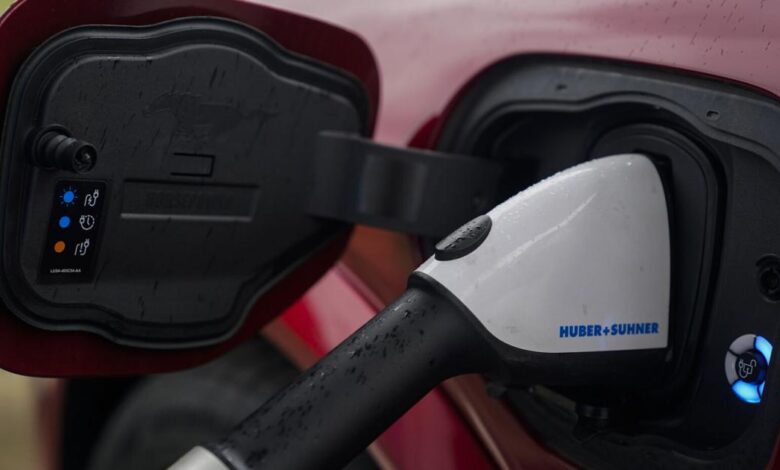
The rapid acceleration of electric vehicle adoption in Indiana comes with the risk of leaving historically disadvantaged communities behind if charging infrastructure isn’t adequately expanded and allocated.
Indiana’s transition to electric vehicles (EVs) is necessary and welcome, but it cannot be done equitably if the voices of those most affected are ignored. Sadly, the Indiana Department of Transportation (INDOT) appears intent on perpetuating racial disparities in the state’s clean energy future.
A recently scheduled public meeting about Indiana’s National Electric Vehicle Implementation (NEVI) plan is a prime example. This important discussion about the rollout of EV charging infrastructure was held in the middle of the work day, effectively shutting out a vast swath of Indiana residents, specifically those who work hourly jobs with inflexible schedules.
People are also reading…
This isn’t the first time INDOT has dismissed the needs of communities of color and minimized the Justice 40 Guidance. Throughout the EV planning process, INDOT has displayed a disturbing pattern of overlooking or discounting racially inclusive engagement.
True believers in Jesus don’t need a “secondary plan” for salvation and eternal life. They need to follow the actions of Jesus Christ, according to Pastor Greg Lee of Suncrest Christian Church in St. John. “Followers of Jesus – church people – tend to forget that following Jesus is the way to get to heaven. But they’ve somehow constructed a different way in their mind by beating people into it, or convincing people about it, or telling people they’re wrong,” Lee says. On this week’s show, Lee joins us in the studio to examine the gospel about Jesus Christ and why too many Christians don’t act Christ-like in their daily lives. “If you look at who Jesus had his harshest words for, it was for religious people who were harsh to people who were on the margins,” Lee tells Jerry, who’s been on the margins of spirituality for decades. We hope you join us for a candid conversation – not a sermon – about faith, redemption, conviction and forgiveness. Also, how to demonstrate grace and mercy with a species that instinctively seeks justice. About the show “She Said, He Said” with co-hosts Jerry Davich and Karen Davich unpacks all the baggage about relationships, couples and issues between the sexes (and the ex’s). “Because there’s a lot to unpack,” Karen says. The dangers of online dating. The fun of flirting. Blended families. Difficult in-laws. Connecting after arguments. First kisses and final divorces. You name it, they’ll unpack it on “She Said, He Said.” All episodes are now available for viewing at NWI.com or to listen on your favorite platforms such as Apple, Spotify, Google and Audacy. Subscribe to not miss any new episodes. The couple’s podcast is sponsored by Times Media Co. and Lee Enterprises. It’s recorded each week at CreataSpacePlace studios in Hobart, Indiana, with local guests in the studio and timeless topics on the table.
The Indiana Alliance for Equity, Diversity, and Inclusion of Electric Vehicle Infrastructure and Economic Opportunities — a coalition of more than 25 statewide, Black-led organizations, businesses, and faith-based groups, facilitated by the Indiana State Conference of the NAACP — developed a six-point plan for INDOT and other state leaders to consider during the NEVI planning process.
These commitments were dismissed wholesale by INDOT, and this marginalization pattern cannot continue.
Indiana’s EV transition offers an opportunity to provide environmental and economic benefits to communities of color, but that can’t happen if those communities aren’t at the decision-making table.
Our plan provides strategies for increasing access, eliminating mobility insecurity, and reknitting communities fragmented and isolated by highways and rail with an equity-driven lens for infrastructure investment.
There must be racial equity in all aspects of Indiana’s NEVI planning process. INDOT must ensure they act equitably and recognize the disparate impact of climate change on communities of color. We need honest and courageous conversations that acknowledge current and historical injustices to ensure meaningful changes that promote equity in transportation infrastructure.
Denise Abdul-Rahman is state chair of Indiana State Conference of the NAACP Environmental and Climate Justice Committee. The opinions are the writer’s.
